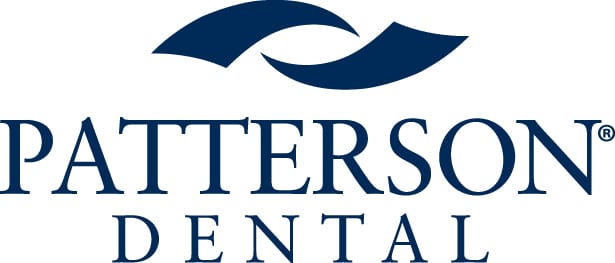By: Bruce Bryen
Now the potential for more income, exposure to the community, and the recognition deserved by the graduate may be about to occur.
The learning curve has been completed after the hiring as an associate, the purchase of a dental practice, and the reputation being built where the name of the dentist is starting to draw reviews and accolades from the community.
It is time to expand the practice with the hiring of dental associates, expanding the patient base by opening another office, or with the possibility of having another dentist and his or her practice join in with the existing practice.
The quality of skills, personality, and relationship building with staff and patients are critical to this type of marriage working and thriving.
What it takes to build a solo practice is probably more difficult when trying to add another practice and partner to the existing practice. Each of the dentists must have similar attitudes and skill levels so that they can complement and expand the type of services offered.
These items in turn will expand the gross revenue and profit availability for each of the dentists. If they each have enough experience when strategizing plans for the future of the new organization, all things look rosy and ready to start.
Of course, there are always surprises when a new practice is beginning. Let’s look at some of the ups and downs of this potential new dental partnership.
Dental Partnerships: The Planning Stages
There will be plenty of late nights ahead for each of those dentists who plan to join forces to create something they both feel will be bigger and better as a dental practice than either of them may now enjoy or may obtain in future projections on their own.
What is the organizational structure that each of the dentists now employs at their own practices?
If there are two dental CPAs and two attorneys involved, will they work for the betterment of the organization or want their individual client to have their advocacy and form a business entity that is best for their own client and not the dental practice?
Will there be a partner in charge of the management of the dental practice clinical side and another responsible for the management of the administrative part of the business?
Who prepares the operating agreement for the business?
These are the things that should be agreed upon prior to meeting with the attorneys and the dental CPA because money spent will start accumulating if a meeting occurs with these professionals who will charge for their time.
It is a good idea to have meetings with the two dentists who will be partners prior to meeting with the other professionals.
Staffing for the new organization should also be high up on the agenda of items to be discussed and agreed upon.
Financial, Clinical, and Administrative Management Matters
As each dentist controls his or her own destiny while working as the lone professional, a meeting of the two may cause some toe-stepping in clinical and administrative duties.
This is something that is a cause for problems because of many reasons. Some of these involve sensitive egos, having the employees wonder about who is really the boss, and other areas where the owner of a one dentist dental practice is probably involved with everything.
Now that person is probably involved with about one-half of the control functions while the other dentist is involved with the other fifty percent of the control issues.
There are easy remedies for keeping this trouble from happening and the first and maybe most important is the partnership agreement, sometimes called an operating agreement.
The similarities are profound and a lot of the terminology has to do with the type of organizational structure that the dental practice takes.
Each item in this agreement is titled and descriptive about who does what and who is in charge of the function that is the heading of this particular section.
An example is with administrative duties, the partner in charge may be the one who is involved with the hiring and firing process. This would also be the one who is responsible for personnel compensation schedules including vacation, sick days, and holidays. Fringe benefits would also probably be the responsibility of this partner.
Consulting with the other partner is always a good idea so that he or she still considers being in the loop about what is occurring at the practice.
Additional advice is never bad if it is coming from an expert who understands what he or she is advising and as long as each owner knows to listen to the advice all of the owners understand who makes the final decision.
This should be very clear in the agreement that each owner has signed.
The Partnership, Operating, or Shareholder Agreement
Each of these items should assist in resolving any type of dispute that occurs involving the owners and who is responsible for the kind of issue that is in dispute.
It is especially important and very surprising to any type of financial person that a dental practice with two or more owners does not have something written down to address as many issues as possible that may occur.
An experienced dental CPA and an attorney who has expertise working with dentists will be able to address many points of concern that each owner may have.
The experienced professional who has worked with dentists will also be able to address many issues that the dental practitioners may have not thought about because they don’t have the administrative experience to know.
That is why the Dental CPA and attorney with dental understanding will be so valuable in the short and long term for the new partners.
The cost may seem to be high in the beginning but the benefit is greater than with a shabbily drafted agreement by those who may be inexperienced in dental matters.
The cost without a solid agreement will be staggering if there is a break-up of the two owners with a much less costly document prepared by someone with little or no dental practice knowledge.
Photo by Karolina Grabowska


